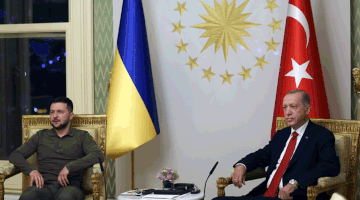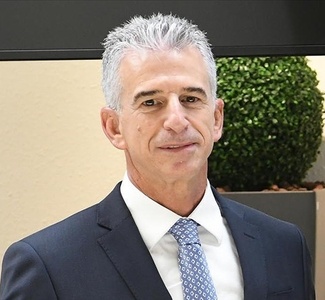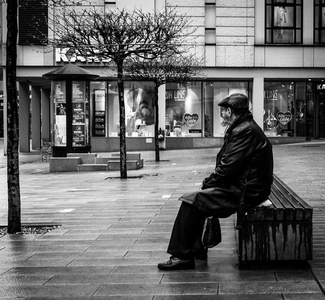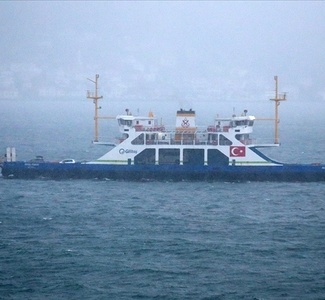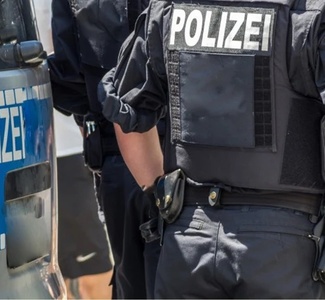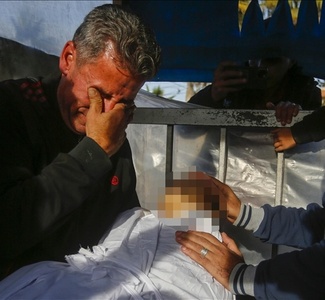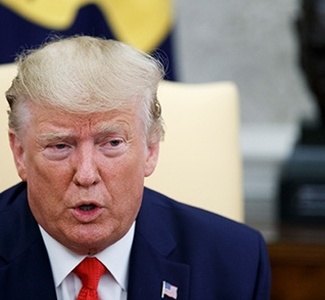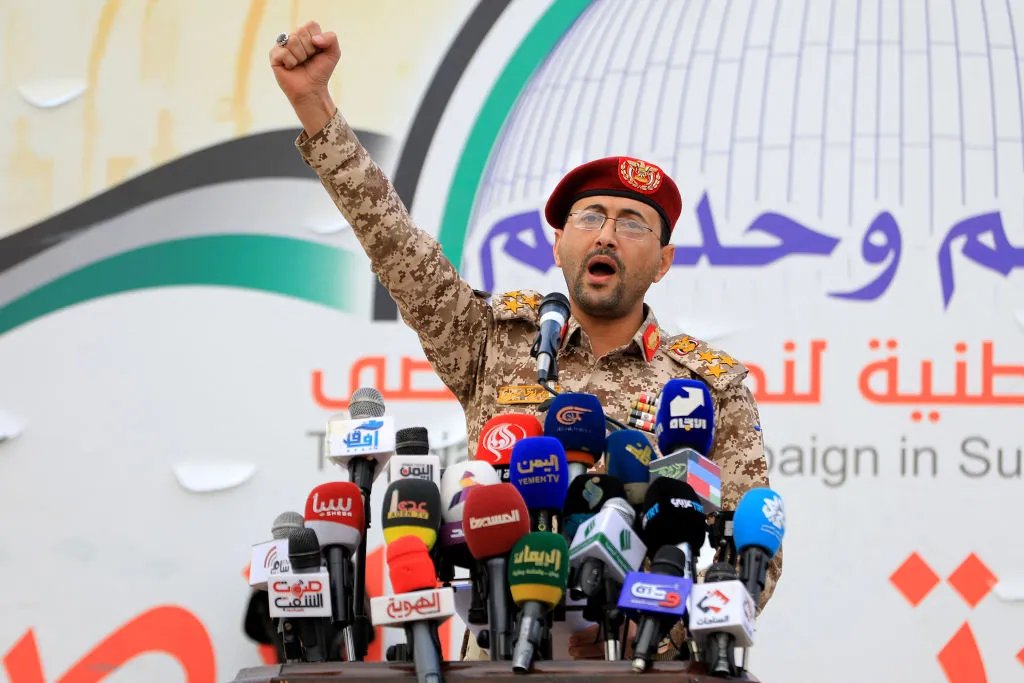Dutch government collapses over asylum policy disagreement
The Dutch government has collapsed due to a disagreement among coalition parties regarding asylum policies.

 Google News'te Doğruhaber'e abone olun.
Google News'te Doğruhaber'e abone olun. The four parties involved in the coalition decided to dissolve the government after failing to reach an agreement in crisis talks.
Prime Minister Mark Rutte has confirmed the government's collapse and stated that he will submit his resignation to King Willem-Alexander on Saturday.
The ministers will continue their duties as a caretaker cabinet until the new elections take place.
The issue of asylum applications in the Netherlands has been a point of contention, with numbers increasing significantly in recent years.
Rutte's attempts to implement stricter policies, such as a monthly cap on refugee relatives, faced strong opposition from the Christian Union and D66 parties.
The differences in views on migration were deemed irreconcilable, leading to the government's demise.
Rutte, the country's longest-serving prime minister, has faced pressure on migration due to the rise of far-right parties.
The Farmer-Citizen Movement (BBB), currently the largest party in the upper house of parliament, has stated that they will not participate in any future government led by Rutte.
The Dutch government has been in a state of flux for some time, with the coalition parties at odds over a number of issues, including asylum policy.
Rutte's conservative VVD party has been pushing for stricter policies, while the Christian Union and D66 parties have been more resistant to change.
The issue of asylum applications has become increasingly contentious in recent years, with numbers increasing significantly. This has put pressure on the government to find a solution, but the parties have been unable to agree on a way forward.
The collapse of the Dutch government will have a significant impact on the country. The caretaker cabinet will be responsible for managing the day-to-day affairs of government, but it will not be able to make any major decisions.
This means that the Netherlands will be in a state of limbo until new elections are held. The timing of the elections is not yet known, but they are expected to take place in November.
The collapse of the Dutch government shows that the country is deeply divided on the issue of asylum policy.
It also raises questions about the future of Rutte's leadership. He has been a popular prime minister, but he has faced increasing criticism for his handling of the migration issue.
It remains to be seen whether he will be able to lead the country through the upcoming elections. (ILKHA)




























